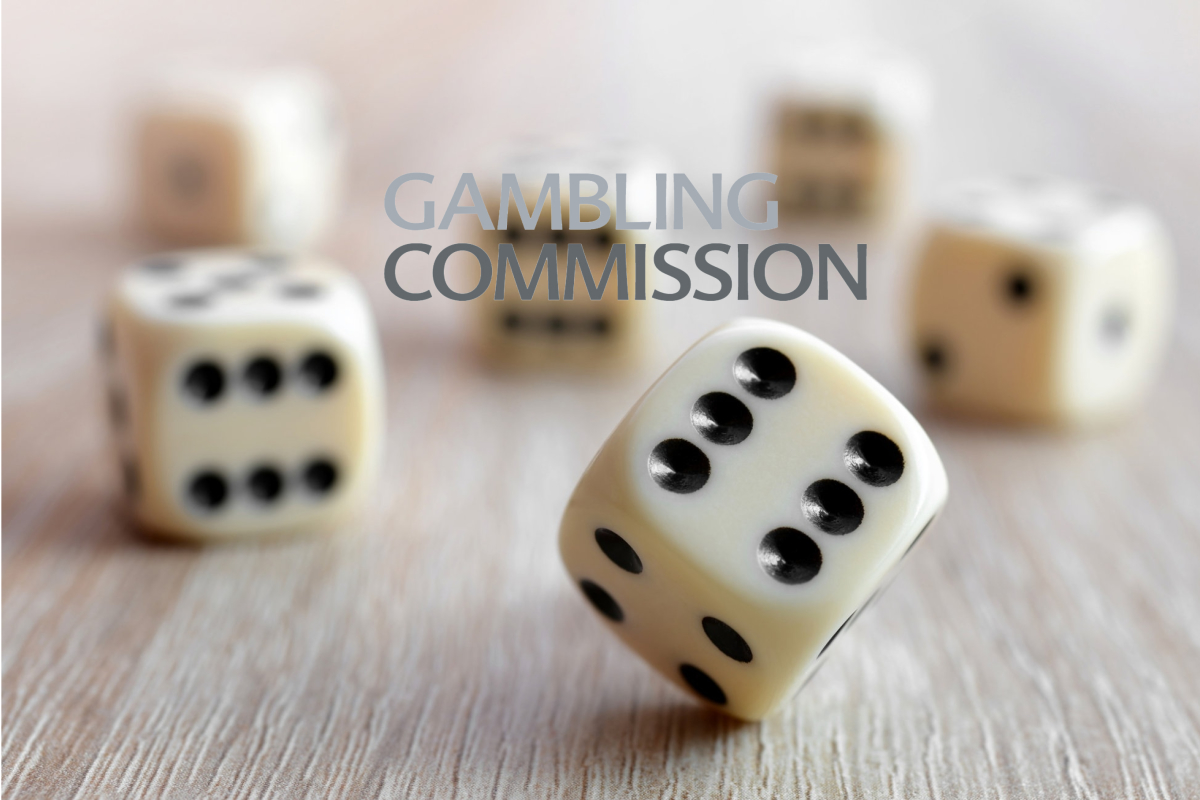Latest News
History and Evolution of the UK Gambling Commission

The United Kingdom has a long history of gambling, and to this day it is one of the most lucrative markets in the world. It has also become a model for gambling regulation.
The UK Gambling Commission is the government body responsible for supervising and regulating all legal gambling activities in the United Kingdom. Formed following the Gambling Act 2005, the UKGC has become one of the most highly-regarded gambling authorities in Europe. Here we will take a look at the history of gambling in the UK, how the UKGC came into being, and how it has evolved since.
Gambling in the UK: A Brief History
Evidence of gambling activities goes right back to pre-history and early civilization, and it’s certainly been a huge part of the culture of the British Isles for many centuries. People living in the Middle Ages were wagering money on activities such as horse racing and dice and card games, as we still do today. In fact, the earliest recorded legislation to do with gambling goes back to 1190, when the king decreed that betting was for noblemen only and imposed a daily limit on how much could be wagered. Subsequent monarchs continued to impose more restrictions on gambling.
The history of gambling law in the UK is uneven, although the popularity of wagering has remained high. The first government-sanctioned national lottery occurred in 1694, and lotteries were a common way to raise funds for various projects, right up until the 19th century. During this later period, concern over the perceived immorality of betting led to the Gaming and Betting Acts of 1845 and 1853, which sought to ban commercial gambling, at least for the lower classes.
It wasn’t until the 1960s that any further legislation was introduced, with the Gaming Act of 1968 allowing commercial casinos for the first time. This was the start of modern gambling law, and was the direct precursor of the codes of practice that are in force today.
The Gambling Act 2005 and the Formation of the UKGC
By 2005, online casinos and sports betting were already big business, and it was clear that the laws needed to be updated to reflect the changed landscape. The Act’s primary objectives were threefold; to ensure that gambling was not associated with crime, to guarantee fairness, and to protect youth and vulnerable persons from being negatively impacted by gambling.
The cornerstone of the new Act was the formation of the UK Gambling Commission, an executive public body of the British government sponsored by the Department for Digital, Culture, Media and Sport. The UKGC is responsible for the oversight of all legal gambling activities in the UK, both online and in physical establishments, as well as regulating the National Lottery. The Commission replaced the Gaming Board for Great Britain from 1968.
The UKGC has the power to verify that providers comply with the codes of practice established by the Act, and to investigate whether offences have been committed. It can also pursue legal action against any such infringements. Licenses are granted, refused and revoked by the Commission.
How the UKGC Protects Players
The creation of the Commission is considered to be of great benefit to consumers. The codes of practice surrounding fair play, anti-money laundering and responsible gaming have been strictly enforced since the 2005 Act, and the UK has one of the most tightly regulated gambling markets in the world. Unlike some other jurisdictions, which either leave the market totally unregulated or impose strict limits on where players can go to gamble, the UK market is both well-regulated and open.
Considering the profitability of the UK for operators, and the potential penalties for breaking the rules, casino and gambling providers are happy to comply with the licensing requirements. This gives players an enormous choice, particularly in online UK casino sites, of safe and secure providers. To guarantee that the casino sites you are interested in hold a license from the UKGC, consult a trusted source like https://casinopilot.co.uk and choose from one of their verified operators.
The 2005 Act was the most comprehensive overhaul of gambling regulation since the 1960s, but there have been some amendments since then to take into account the changes that have occurred.
Gambling (Licensing and Advertising) Act 2014
The Act of 2005 did take into account the role of online casinos, but by 2014 the ruling Conservative government decided that new rules needed to be created surrounding remote gambling. Previous to this, operators outside of Great Britain could legally advertise and provide their services to UK players, provided that they were based in the EEA or in one of the whitelisted jurisdictions specified – this included Alderney, the Isle of Man and Tasmania.
The changes brought in in 2014 refocused the licensing requirements on the point of consumption; if the end users were in the UK, then the provider must hold one or more licenses from the Commission in order to advertise or operate here. The new law also imposed a gambling duty of 15% of gross gambling profits from UK residents.
Recent Updates
The latest measures introduced to gambling law came into effect in 2018, following a consultation with industry stakeholders.
The new requirements implemented are focused on giving customers of online casino websites better tools to monitor their own gambling practices. This includes allowing players to easily access their account, gambling and transaction history for specified periods and going back a minimum of twelve months. It also requires that consumers must be able to see their net deposits rather than just their winnings, and set limits on their spending in a variety of ways. Many of these provisions had already existed as responsible gaming recommendations, but now they are part of the licensing requirements.
What the Future Holds
The future of gambling law in the UK depends on multiple factors, such as the outcome of Brexit, who is in power and how much importance future administrations will put on such matters. If Britain leaves the EU, there may need to be negotiations over cross-border gambling duty.
However, the robust UK gambling laws are an advantage for casino sites in this country who provide their services in other European markets. Current members of the Labour Party have expressed a desire to further restrict playing at online casinos, with suggestions such as capping betting amounts and banning credit card payments. Such proposals have been welcomed by some, with others cautioning that it may encourage players to turn their backs on legal sites.
As gambling evolves and changes, so must the UKGC stay abreast of and respond to developments as they occur. A recent example of action taken was in regards to fixed-odds betting terminals, which offer games like roulette and blackjack on physical machines in betting shops and casinos. When it was revealed that players in Britain were losing almost £2bn per year, the government enacted a law to reduce the maximum stake from £100 to £2. The implementation and enforcement of this law is the responsibility of the UK Gambling Commission.
-

 Gambling in the USA7 days ago
Gambling in the USA7 days agoGaming Americas Weekly Roundup – August 25-31
-

 Balkans6 days ago
Balkans6 days agoGoldenRace is opening up the Bulgarian market with Inbet
-

 Balkans7 days ago
Balkans7 days agoCT Gaming Secures Certification for its Latest Multigame – Diamond King 5
-

 Latest News6 days ago
Latest News6 days agoOctoplay advances on its European growth strategy by partnering with Evoke Group in the UK and Denmark
-

 Asia6 days ago
Asia6 days agoSkyesports Wraps Up Gaming Thiruvizha – Chennai Edition With 17,000+ Fans in Attendance
-

 Baltics7 days ago
Baltics7 days agoCT Interactive Expands its Certified Game Portfolio in Latvia
-

 Latest News7 days ago
Latest News7 days agoUnearth ancient treasures in Relax Gaming hit Bill & Coin 2: Mummy Mischief
-

 Latest News7 days ago
Latest News7 days agoFire Toad 2 leaps into action with sizzling new upgrades















